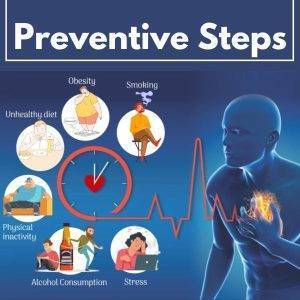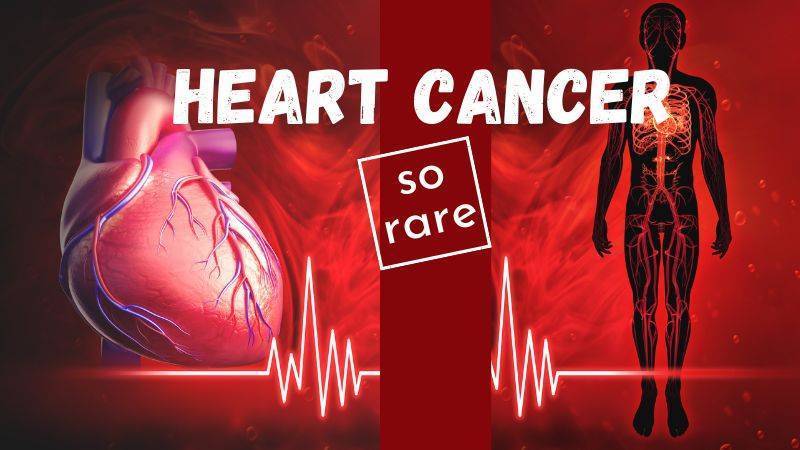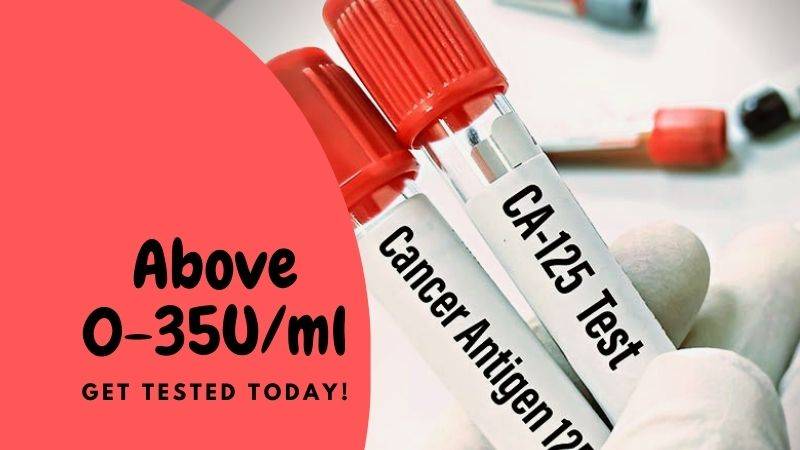“The Heart is Stronger Than Cancer: Protecting Your Heart from Disease”
The Heart is an organ that is essential for life, and it is not affected by cancer. Cancer is a disease that affects the cells of the body, and the heart is made up of muscle cells, not the same type of cells that are affected by cancer.
Therefore, cancer does not directly affect the heart, although it can cause other health problems that can indirectly affect the heart.
Let us discuss in more detail-
How Cancer Affects the Body: Why the Heart is Not Affected
Cancer is a devastating disease that affects millions of people around the world. It can cause a wide range of physical and emotional symptoms, and can even be fatal. But despite its devastating effects, there is one organ that cancer does not affect: The Heart.
The heart is a powerful organ that is responsible for pumping blood throughout the body. It is made up of four chambers, and its main function is to keep the body supplied with oxygen and nutrients.
Cancer cells, however, cannot survive in the heart. This is because the heart is constantly in motion, and cancer cells need a stable environment to grow and spread.
The heart is also protected by a thick layer of muscle and tissue, which makes it difficult for cancer cells to penetrate. Additionally, the heart is constantly being flushed with fresh blood, which helps to keep it free of cancer cells.
Link Between Cancer and Heart Disease
The heart is a vital organ that is essential for life. Unfortunately, cancer can have a devastating effect on the heart, leading to heart failure and other serious complications. However, it is important to remember that the heart is not always affected by cancer.
Many people with cancer can live long and healthy lives without any heart-related complications. This is because the heart is a resilient organ that is capable of adapting to changes in the body. It can adjust its rate and rhythm to compensate for any changes in the body’s needs.
The key to maintaining a healthy heart is to take care of it. Eating a balanced diet, exercising regularly, and avoiding smoking and excessive alcohol consumption are all important steps to take.
Additionally, get regular check-ups and screenings to detect any potential problems early on.
Why is Heart Cancer so Rare?
Heart cancer is an incredibly rare form of cancer, and it is something that we should be thankful for. While it is true that cancer is a devastating disease, it is encouraging to know that heart cancer is so rare.
The rarity of heart cancer can be attributed to the fact that the heart is a relatively well-protected organ. It is surrounded by a thick layer of muscle and tissue, which helps to keep it safe from the damaging effects of cancer. Additionally, the heart is constantly in motion, which helps to keep it healthy and free from disease.
The rarity of heart cancer is also because the heart is a relatively small organ. This means that it is less likely to be affected by cancerous cells, as they would have to travel a much shorter distance to reach the heart.
The rarity of heart cancer can be attributed to the fact that the heart is a relatively simple organ. This means that it is less likely to be affected by mutations or other genetic abnormalities that can lead to cancer.
This is a testament to the strength and resilience of the human body, and it is something that we should all be grateful for
What are the Symptoms of Heart Cancer?
Heart cancer is a rare form of cancer that affects the heart and its surrounding tissues. While it is not as common as other forms of cancer, still be aware of the symptoms so that you can seek medical attention if needed.
- Chest pain. This pain may be sharp or dull and can be felt in the center of the chest or on the left side of the chest.
- Shortness of breath
- Fatigue
- Coughing
- Swelling in the legs or abdomen
If you experience any of these symptoms, it is important to seek medical attention right away. Early detection and treatment of heart cancer can greatly improve your chances of survival.
How is Heart Cancer Diagnosed?
The first step in diagnosing heart cancer is to have a physical exam. During this exam, your doctor will check your heart rate, blood pressure, and other vital signs. They may also order tests such as an electrocardiogram (ECG) or an echocardiogram (ECHO) to look for any abnormalities in the heart.
Your doctor may also order imaging tests such as a CT scan or MRI to look for any tumors or other abnormalities in the heart. If any suspicious areas are found, a Biopsy may be performed to confirm the diagnosis.
In addition to these tests, your doctor may also order blood tests to look for any signs of cancer in the body. These tests can help to determine if cancer has spread to other parts of the body.
Role of Diet, Exercise, and Stress in Cancer and Heart Disease
 The role of diet and exercise in preventing cancer and heart disease cannot be overstated. Eating a balanced diet that is low in saturated fat and high in fruits, vegetables, and whole grains can help reduce the risk of developing cancer and heart disease.
The role of diet and exercise in preventing cancer and heart disease cannot be overstated. Eating a balanced diet that is low in saturated fat and high in fruits, vegetables, and whole grains can help reduce the risk of developing cancer and heart disease.
Regular physical activity can help keep the heart healthy and reduce the risk of developing these conditions.
Additionally, maintaining a healthy weight can help reduce the risk of developing cancer.
When the body is under stress, the heart rate increases and the blood vessels constrict, which can lead to an increased risk of heart attack or stroke. The immune system is weakened during stress, which can lead to an increased risk of cancer.
The immune system is responsible for fighting off cancer cells, and when it is weakened, it is less able to do its job.
With the right lifestyle choices, we can all take steps to reduce our risk of developing cancer and heart disease.






